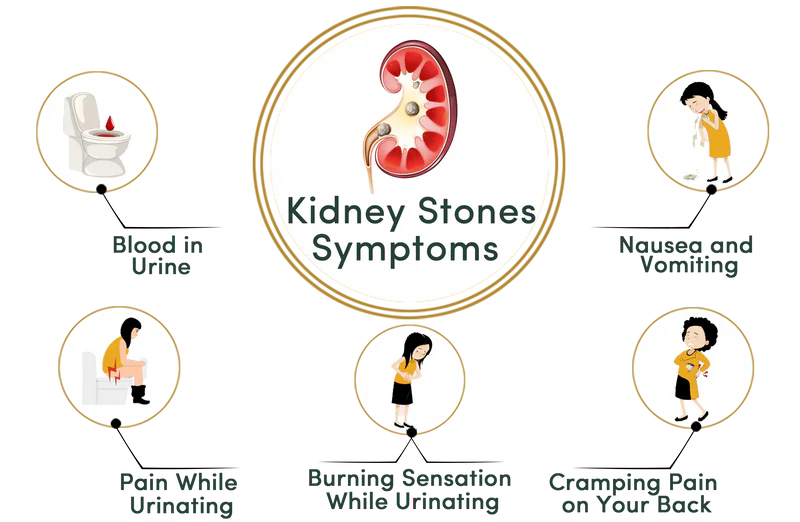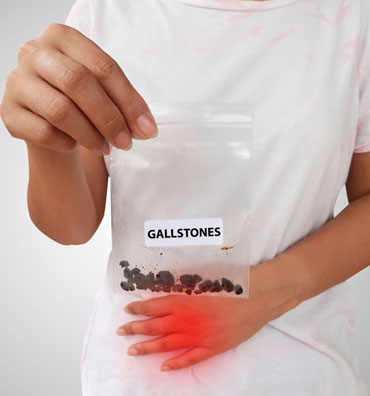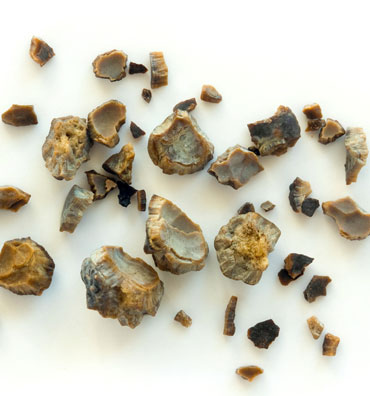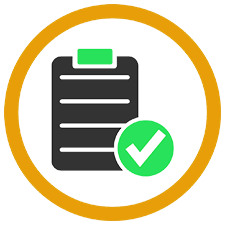-
info@drmishra.com
- +91 931 544 7150

Kidney Stone
A kidney stone is a hard object that is made from chemicals in the urine. There are four types of kidney stones: calcium oxalate, uric acid, struvite, and cystine. A kidney stone may be treated with shockwave lithotripsy, uteroscopy, percutaneous nephrolithomy or nephrolithotripsy. Common symptoms include severe pain in lower back, blood in your urine, nausea, vomiting, fever and chills, or urine that smells bad or looks cloudy.
Urine has various wastes dissolved in it. When there is too much waste in too little liquid, crystals begin to form. The crystals attract other elements and join together to form a solid that will get larger unless it is passed out of the body with the urine. Usually, these chemicals are eliminated in the urine by the body's master chemist: the kidney. In most people, having enough liquid washes them out or other chemicals in urine stop a stone from forming. The stone-forming chemicals are calcium, oxalate, urate, cystine, xanthine, and phosphate.

Various Types of Stones Disease
What Causes Diabetes?What are the causes of Kidney stones?
- Family or personal history: People are more likely to develop kidney stones themselves if they have a family history of this disorder.
- Dehydration: If you don’t drink enough water each day, you may develop kidney stones.
- Certain diets: Some types of kidney stones can be caused by eating a diet high in protein, sodium (salt), and sugar.
- Obesity: The risk of kidney stones is increased by having an elevated body mass index (BMI), a larger waist size, and weight gain.
- Digestive diseases and surgery: Gastrointestinal surgery, inflammatory bowel disease, or chronic diarrhea also can result in kidney stones.
- Other medical conditions: Kidney stones may also be caused by renal tubular acidosis, cystinuria, hyperparathyroidism, and repeated urinary tract infections.
+
Experience Year
+
Total Doctor
+
Total Patients
+
Service Of Diseases
Symptoms of Kidney Stones
- Pain While Urinating-Sometimes a patient goes through severe pain while urinating.
- Cramping Pain on Your Back-A patient feels a sharp pain in the back and lower abdomen.
- Nausea and Vomiting-Sudden urge to vomit and nausea feeling.
- Blood in Urine-When the kidney stone is larger, a patient complains of blood in the urine.
- Burning Sensation While Urinating-A lot of people suffering from kidney stones have a burning sensation while urinating.

What our Patient says
Copyright Shiv Shakti Ayurved. All rights reserved.









